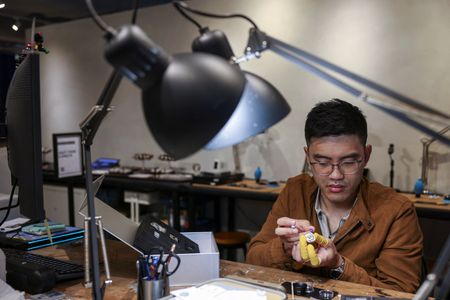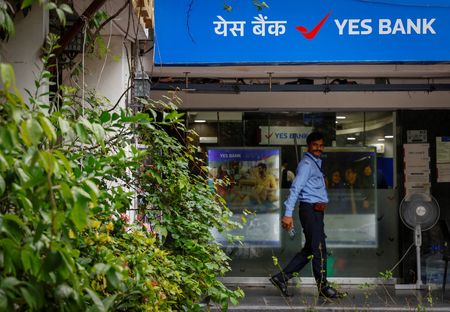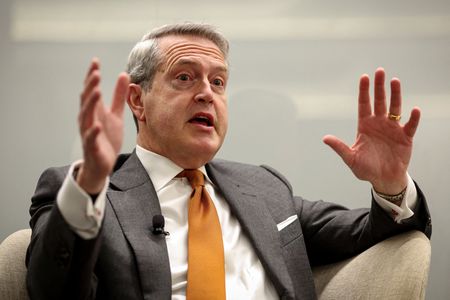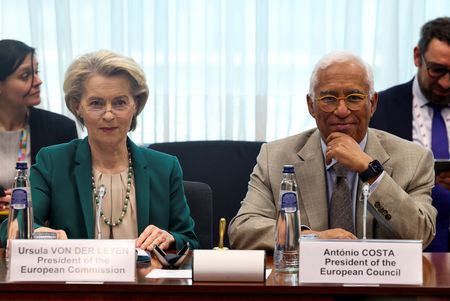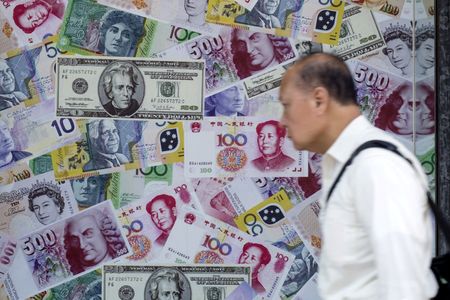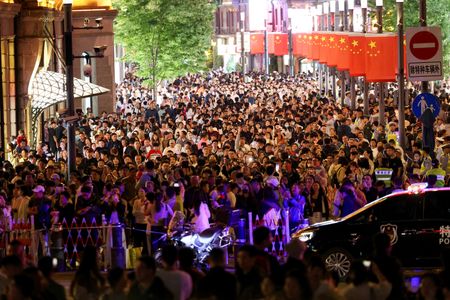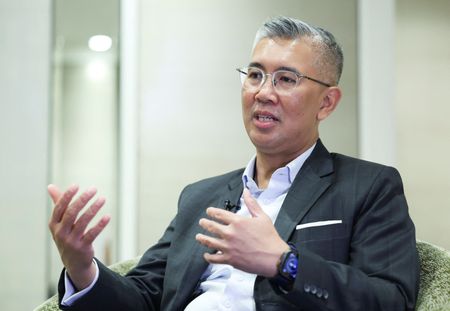By Jessie Pang and Carol Mang
HONG KONG (Reuters) -When Washington announced higher tariffs and the axing of a de minimis rule that allowed for low-value packages from Hong Kong and mainland China to enter the United States free of duties, Quinn Lai felt it was “game over” for his watch brand.
Lai is the founder of DIY Watch Club, which sells do-it-yourself watchmaking kits to the overseas market, with over 80% of his shipments going to the United States.
Starting from May 2, low-value packages from China and Hong Kong have been subject to a 90% tariff or a flat fee of $75, part of a punishing trade war between Washington and Beijing.
Lai estimated the impact on his company’s U.S. revenue to be around 20% to 30%.
“If the situation didn’t get better, we would be downsizing the company, or in the worst case, closing shop,” he said.
When the tariffs hit in April, Lai’s company swiftly boosted its marketing efforts and targeted Europe, increasing ads on social media and sending their toolkits to some online influencers for unboxing.
Lai said he decided to target Europe as a market rather than Southeast Asia, as Europe performs better in e-commerce.
“To solve this problem, it was basically an hourly effort testing out different countries in Europe,” he said.
Lai said the company has now expanded its market share in Europe from approximately 6% to around 30%. While the U.S. market still accounts for half of its revenue, the company is now less dependent on it.
Looking ahead, Lai said he plans to continue expanding his customer base in Europe and explore other markets, such as Japan.
Kennedy Wong, honorary president of the Hong Kong Chinese Importers’ and Exporters’ Association, told Reuters that cross-border e-commerce has been seriously impacted, as these products are often sold via small packages and “no single market can replace the U.S.”
Hongkong Post has suspended mail services for goods to the U.S. Some couriers who are still willing to take these small packages require prepayment of U.S. import duty tariffs, Wong said.
(Reporting by Jessie Pang and Carol Mang; Editing by Anne Marie Roantree and Michael Perry)


